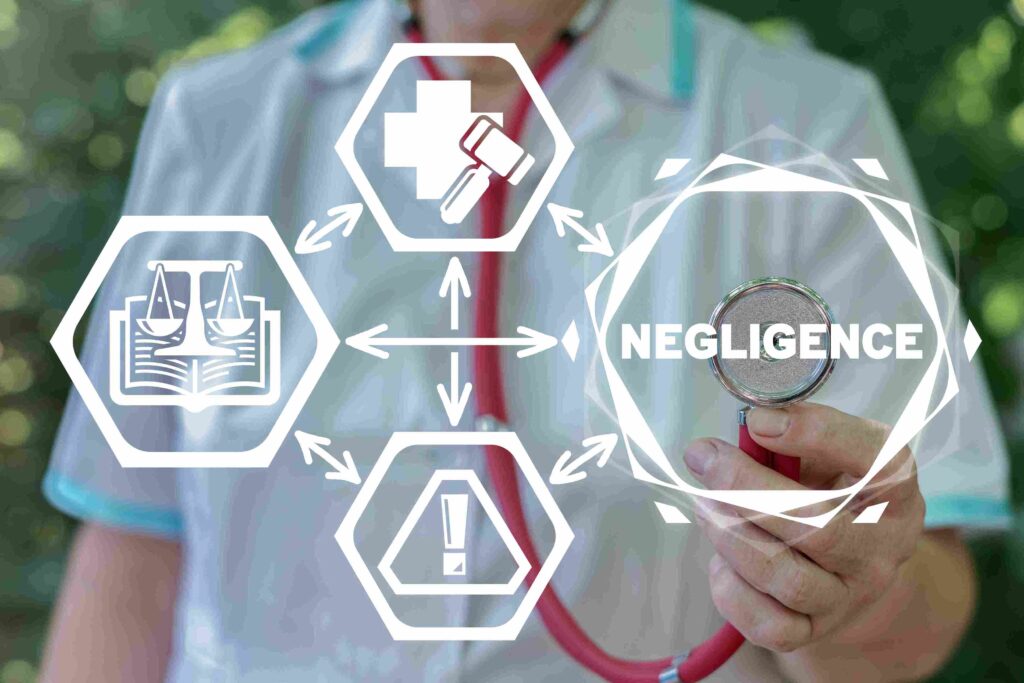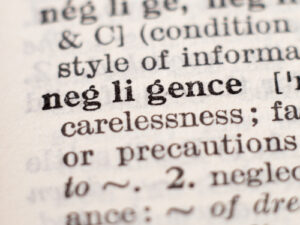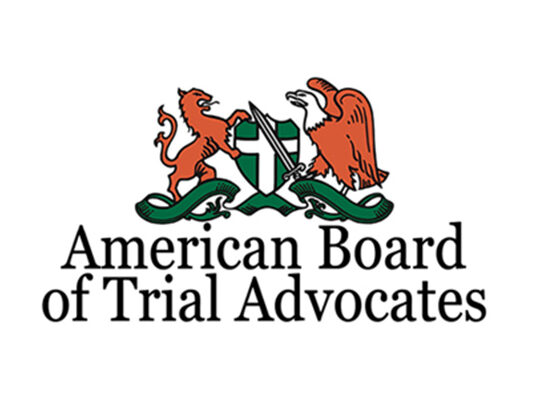In a significant legal development, Florida has recently introduced a new comparative negligence law to replace the former pure comparative negligence system. While the change occurred in early 2023, this new system has reshaped personal injury cases and how they are handled. As experienced advocates for our client’s rights, Zimmet & Zimmet are committed to informing you about the latest changes in Florida’s legal landscape.
Here, you can learn more about the details of the new comparative negligence law, how it differs from the previous legal framework, and what it means for both plaintiffs and defendants in personal injury cases.
Comparative Negligence Explained
Comparative negligence is a legal principle that allows for the allocation of fault and damages in personal injury cases when both the plaintiff and defendant share responsibility for the accident. Under this doctrine, the court determines the degree of fault for each party involved, and the damages awarded to the plaintiff are adjusted accordingly. Florida previously followed a pure comparative negligence system, but recent changes have modified this framework.
The Previous Legal Framework
Before introducing the new comparative negligence law, Florida adhered to a pure comparative negligence system. In essence, this meant that regardless of the plaintiff’s degree of fault, they were still entitled to recover damages from the defendant.
However, the damages awarded were reduced proportionately to the plaintiff’s level of negligence. For instance, if a plaintiff were found 30% responsible for the accident, their damages would be reduced by 30%.
Florida’s New Comparative Negligence Law
Florida’s new comparative negligence law departs from the pure comparative negligence model. The new law adopts a modified comparative negligence approach, specifically following the 50% Bar Rule. This means that a plaintiff can only recover damages if their level of fault is 50% or less. If the plaintiff’s degree of fault exceeds 50%, they are barred from seeking compensation from the defendant.
Florida’s New Law and Implications for Personal Injury Cases
The new law changes the framework of personal injury cases. Some of the changes it has brought about include the following:
Impact on Settlements and Litigation
The shift from a pure comparative negligence system to a modified version will likely have significant ramifications for personal injury cases in Florida. Both plaintiffs and defendants must be acutely aware of these changes as they navigate the legal landscape. Settlement negotiations and litigation strategies will inevitably adapt to the new framework, placing a higher premium on accurately determining fault percentages.
Evidence and Documentation
The importance of compelling evidence and meticulous documentation cannot be overstated due to the emphasis on fault percentages. Plaintiffs must have airtight evidence to substantiate their claims and establish the defendant’s negligence. Contrastingly, defendants must be prepared to present robust counterarguments backed by convincing evidence to challenge the plaintiff’s allegations.
Collaboration with Experts
Under Florida’s new comparative negligence law, determining fault percentages has taken center stage in personal injury cases. As this legal landscape evolves, expert testimony and consultation have become paramount. Expert professionals play a pivotal role in providing crucial insights, analysis, and evidence that can sway the court’s decision and ultimately impact the allocation of damages.
Let’s explore the key types of experts who can assist plaintiffs and defendants under this new law:
Accident Reconstruction Specialists
Accident reconstruction specialists are skilled professionals who meticulously piece together the events leading up to an accident. They create a comprehensive simulation of the accident using scientific principles, engineering expertise, and advanced technology. In personal injury cases, their testimony can provide critical insights into how the accident occurred, helping establish liability and accurately allocate fault percentages.
Medical Professionals
Medical experts, including doctors, surgeons, and specialists, bring their extensive knowledge to the forefront in personal injury cases. Their testimony can be instrumental in establishing the extent of injuries, the causation of harm, and the long-term effects on the plaintiff’s well-being. With the new comparative negligence law emphasizing fault percentages, medical professionals can offer a clear understanding of how the plaintiff’s injuries related to the accident and their potential impact on the overall case.
Forensic Accountants
In cases where financial losses are a significant aspect of the claim, forensic accountants play a vital role. These experts meticulously analyze financial records, expenses, and economic damages to provide an accurate assessment of the monetary losses suffered by the plaintiff. Their insights can directly influence the court’s decision on damages and can be especially important in complex financial matters.
Engineering Experts
Engineering experts possess specialized knowledge in various engineering fields, such as structural, mechanical, or electrical engineering. In personal injury cases involving products, machinery, or construction accidents, engineering experts can offer invaluable insights into the design, manufacturing, or maintenance defects that may have contributed to the accident. Their testimony can help establish liability and demonstrate how negligence led to the incident.
Vocational Rehabilitation Specialists
In cases where the plaintiff’s ability to work has been compromised due to the injuries sustained, vocational rehabilitation specialists can provide valuable input. These experts assess the plaintiff’s skills, capabilities, and potential for future employment opportunities. Their insights help determine the extent to which the plaintiff’s ability to earn a living has been impacted by the accident, thus influencing the calculation of damages.
Psychologists and Mental Health Professionals
Psychological and emotional damages can be just as significant as physical injuries in personal injury cases. Psychologists and mental health professionals offer expert testimony on the plaintiff’s emotional distress, trauma, and psychological impact. Their insights provide a comprehensive view of the overall harm caused by the accident, which can influence the court’s decision on damages.
Potential Outcomes: Scenarios Under the New Comparative Negligence Law
Understanding how the new comparative negligence law affects the outcome of personal injury cases will help you know what to expect if you file a lawsuit.
Scenario 1: Plaintiff 49% at Fault
In this scenario, the plaintiff is found to be 49% at fault for the accident, and the defendant is determined to be 51% at fault. Under the new law, the plaintiff would still be eligible to recover damages. However, the damages awarded would be reduced by their percentage of fault, resulting in a 49% reduction in the total compensation.
Scenario 2: Plaintiff 51% at Fault
If the plaintiff’s degree of fault exceeds 50%, as in this case, where the plaintiff is found to be 51% at fault, they would be barred from recovering any damages from the defendant. The new comparative negligence law prevents plaintiffs primarily responsible for the accident from seeking compensation.
Navigating Florida’s Comparative Negligence Terrain with Expert Guidance
As Florida’s legal landscape evolves with the introduction of the new comparative negligence law, it becomes imperative for both plaintiffs and defendants to stay informed and adapt their legal strategies accordingly. Navigating the intricacies of fault allocation and damages determination under the modified comparative negligence system necessitates a thorough understanding of the law and its implications.
At Zimmet & Zimmet, we are dedicated to guiding our clients through these legal changes and ensuring their rights are protected. If you find yourself involved in a personal injury case, it is crucial to seek professional legal counsel to navigate the complexities of the new comparative negligence law and secure the best possible outcome.
If you are ready to discuss your case, contact us at (386) 210-3702 to schedule a free consultation.











